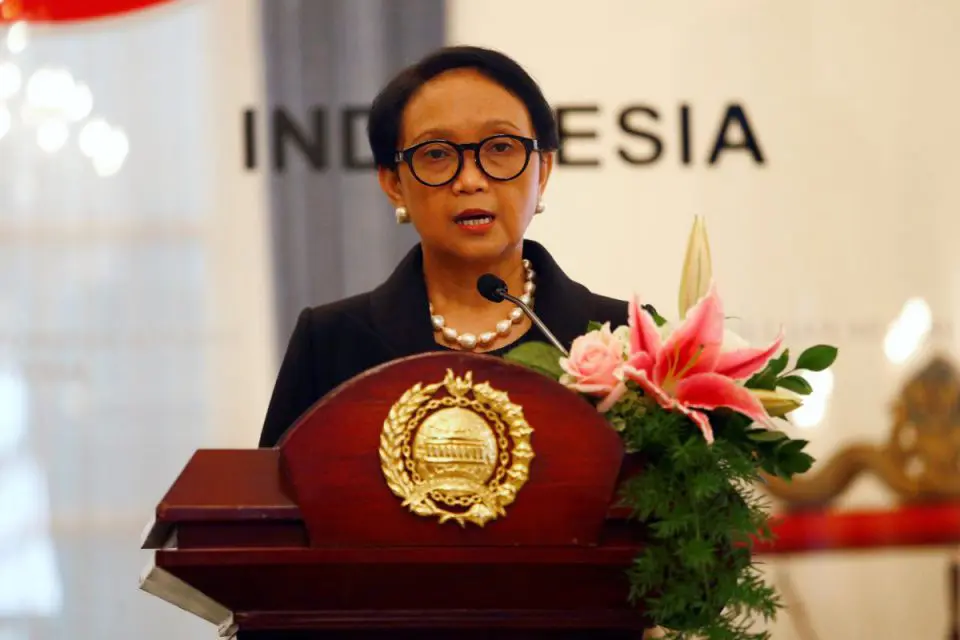ISTANBUL, Sept 24 — Indonesia said on Saturday (September 23) that Southeast Asia will not become a ‘pawn of rivalries’ as it emphasised reinforcing regional cooperation.
“Instead, Southeast Asia must be an epicentre of growth, where all countries can benefit meaningfully,” Anadolu Agency quoted Foreign Minister Retno Marsudi as saying at the 78th session of the United Nations (UN) General Assembly in New York, the United States.
“Regional institutions should be net contributors and building blocks for global peace and prosperity.
“Indonesia had to navigate Asean through such geopolitical dynamics in the region,” she added, noting her country’s presidency this year of the Association of Southeast Asian Nations (Asean),” she said.
Indonesia chairs Asean in 2023 and held its annual leaders’ summit earlier this month.
The Southeast Asian region has seen the world’s top two rivals, the United States and China, asserting their influence among regional nations.
“Inclusivity will forever be the pillar for our region’s architecture building,” said Retno.
On Myanmar, she said: “implementation of the Five-Point Consensus remains the main reference.”
“Asean continues to urge the military junta to implement it. Asean will spare no effort to ensure the people of Myanmar are not left behind,” Retno said.
Regretting that the UN member nations ‘do not walk the talk,’ the Indonesian foreign minister called for ‘upholding respect for international law, particularly the fundamental principles of sovereignty and territorial integrity.’
“This will ensure that disputes would be settled on the negotiating table rather than at the battlefield,” she added.
Calling for ‘collective responsibility to save’ the people of Palestine and Afghanistan, Retno said: “For far too long, we have allowed our Palestinian brothers and sisters to suffer.”
“Indonesia will not back an inch in our support for Palestinian statehood,” she said.
On Afghanistan, Marsudi said: “Indonesia would do its utmost to help the Afghan people and ensure the rights of women and girls are respected, including their rights to education.”
— Bernama





